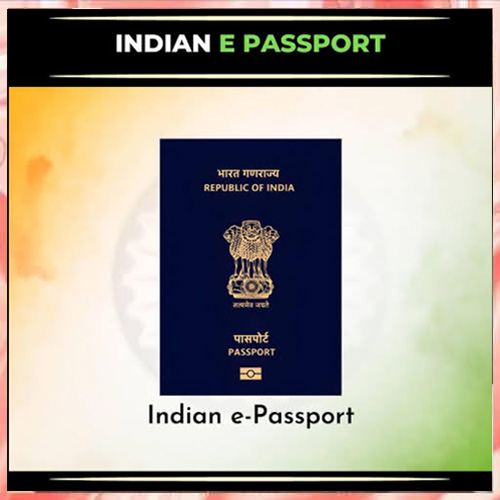
India has officially begun rolling out smart e-passports, marking a major modernization of the country’s travel documentation system. Equipped with an embedded microchip and backed by Public Key Infrastructure (PKI) security, the new passports aim to speed up verification, strengthen security, and align India with global e-passport standards.
Each e-passport contains a secure RFID chip storing the holder’s personal details, photograph, and biometric information. The PKI-based digital signature ensures the data cannot be tampered with, making forgery, identity substitution, and passport cloning significantly harder. Immigration authorities can verify authenticity in seconds, reducing long queues at international airports.
The Ministry of External Affairs (MEA) confirmed that e-passports will support automated border control systems, enabling smoother movement for Indian travelers worldwide. The upgraded design also adheres to ICAO (International Civil Aviation Organization) norms, enhancing global acceptance and interoperability.
Officials stated that production will be rolled out in phases, prioritizing new applicants and those renewing expiring passports. The transition includes upgraded printing facilities, security features, and digital systems to handle chip encoding and PKI verification.
Beyond travel efficiency, the initiative strengthens national security by curbing document fraud, improving identity validation, and enabling better monitoring of cross-border movement. It also complements India’s broader digital governance efforts, including DigiLocker integration and streamlined consular services.
With smart e-passports, India joins the ranks of countries using next-gen travel documents—bringing faster processing, enhanced protection, and a safer international travel experience for millions of citizens.
See What’s Next in Tech With the Fast Forward Newsletter
Tweets From @varindiamag
Nothing to see here - yet
When they Tweet, their Tweets will show up here.





























